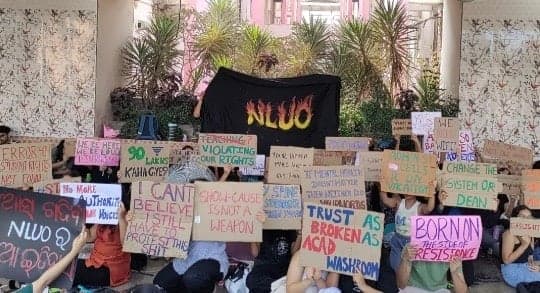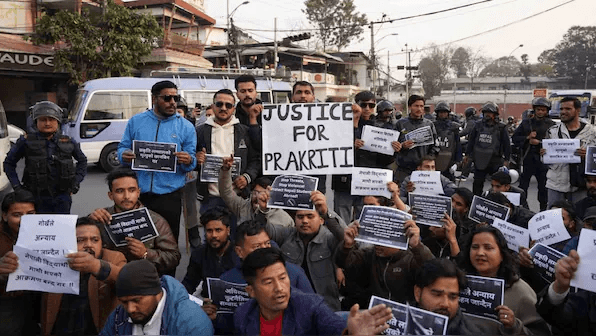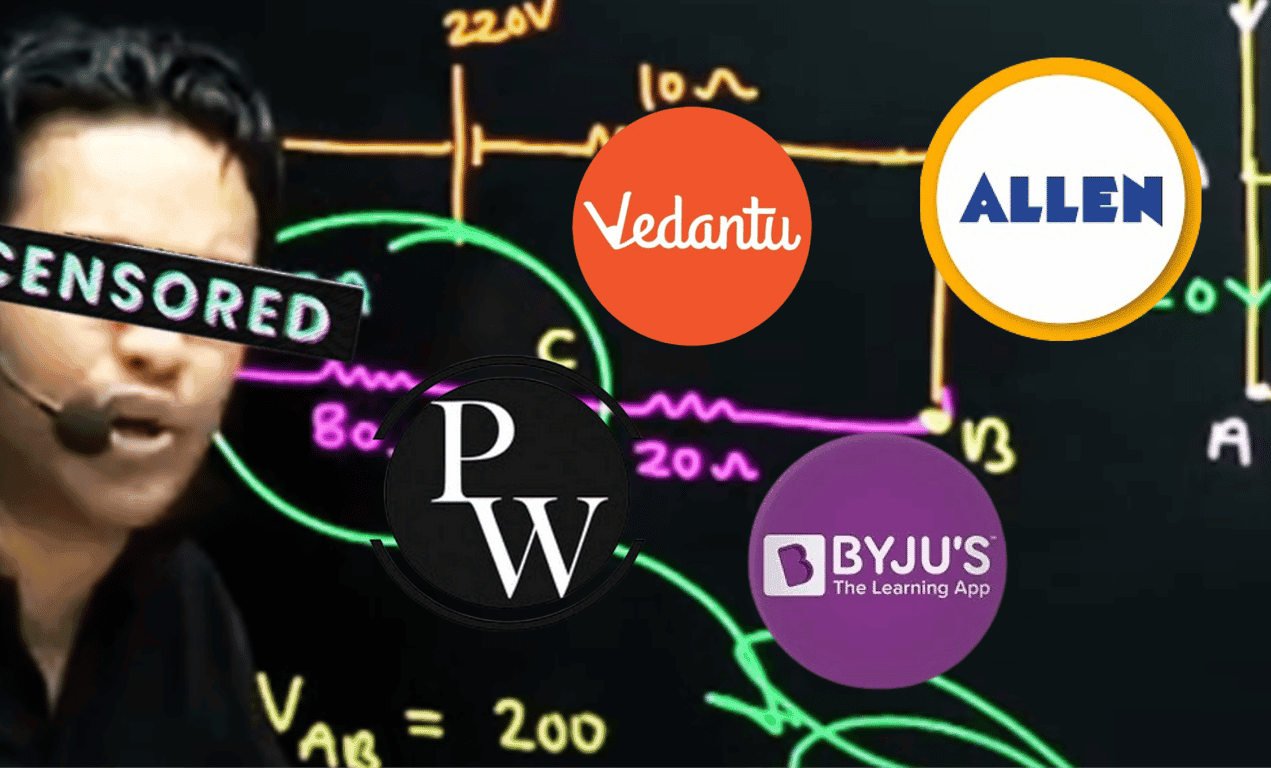
The Common Law Admission Test (CLAT) 2025 was held on December 1st, 2024. However, the exam has been marred by controversy due to the errors in its question paper, and the answer-key has left the aspirants confused and frustrated.
The question paper had seven questions that were objectively wrong from the Logical Reasoning Section.
The General Knowledge section had subjective questions, where most answers had to be derived from the passage, defeating the very purpose of testing General Knowledge. One of the sets of the question paper, in the Quantitative Techniques Section, had a series of questions placed in an incorrect order, which mislead many aspirants to arrive at an incorrect answer.
The Legal Reasoning section required external knowledge, contrary to the consortium's own guidelines.
Further, The provisional answer key released by the consortium contained incorrect answers, wherein aspirants were meant to pay ₹1,000 for each objection raised, a hefty sum that many could not afford. The final answer key was rescheduled to be released on December 9th, of 2024, but the consortium abruptly declared the results on December 7, lately at night, creating chaos especially for those scheduled to give the AILET exam the very next day i.e. on 8th December.
Only three questions were changed in the final answer key, and those changes were arbitrary. The blatantly wrong answers in the key remained incorrect.
The aspirants were required to fill the college preference list by December 20, 2024. However, on the same date, The Delhi High Court issued directives to change two of the five mentioned questions raised by the petitioner. But this unprecedented move, created further chaos, among the aspirants leaving them clueless about the fate of their ranks and college allocations.
As conducting re-examinations might not be feasible, the only solution to this issue is to accept the directives issued by the Delhi High Court and make the necessary changes to the answer key.
This would ensure that justice is served, and aspirants can have clarity on their ranks and college allocations.
In conclusion, The consortium should take lessons from this experience and strive to conduct future exams with greater transparency and accountability.
Written by Rahul Gulati


